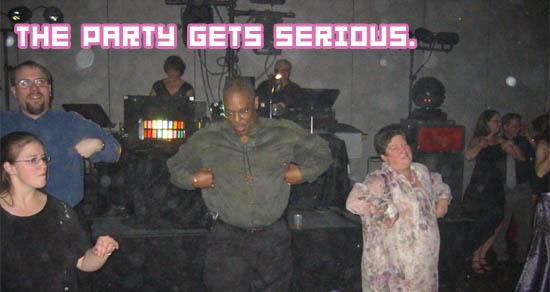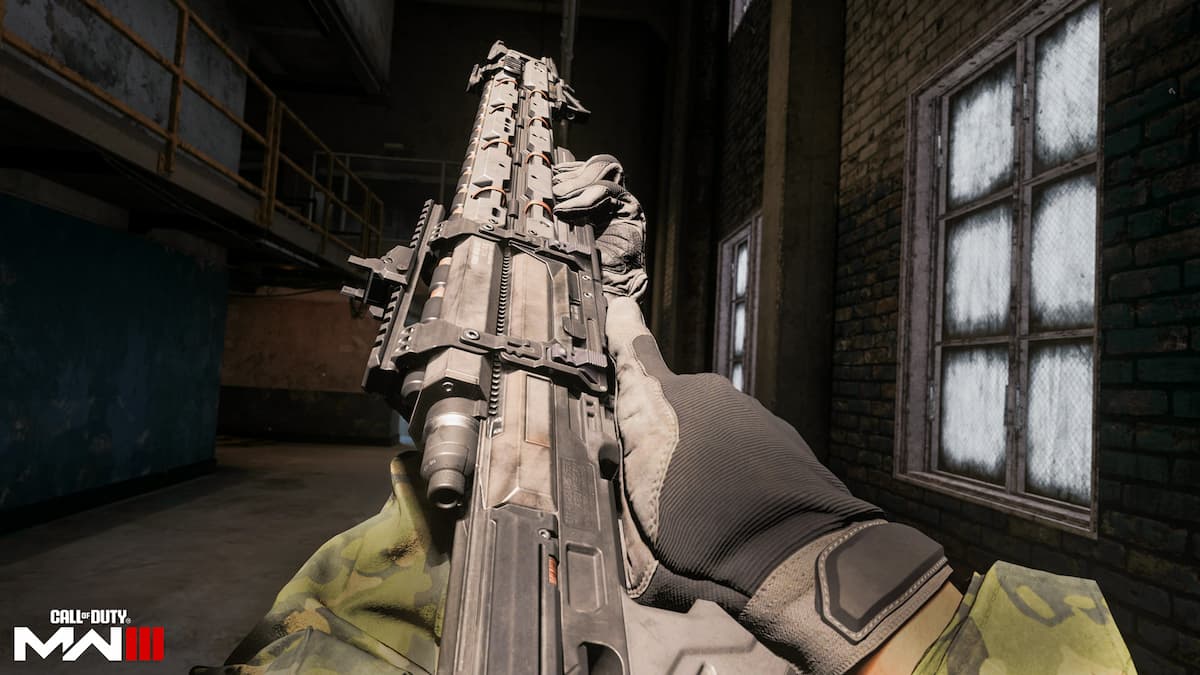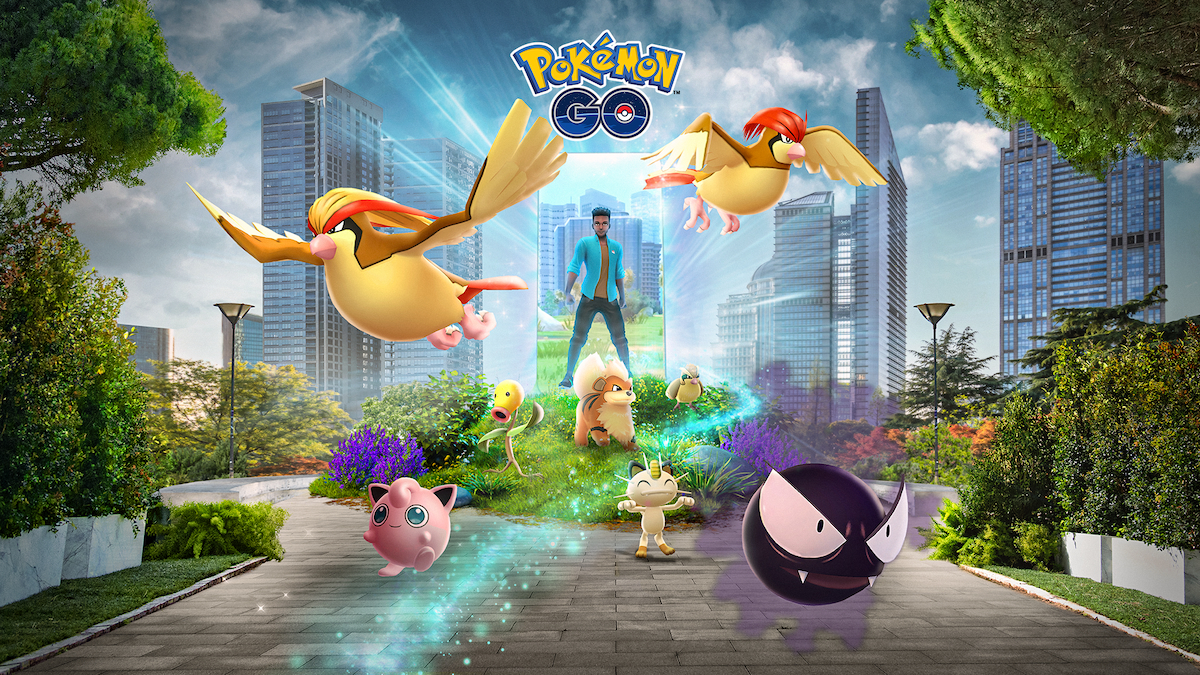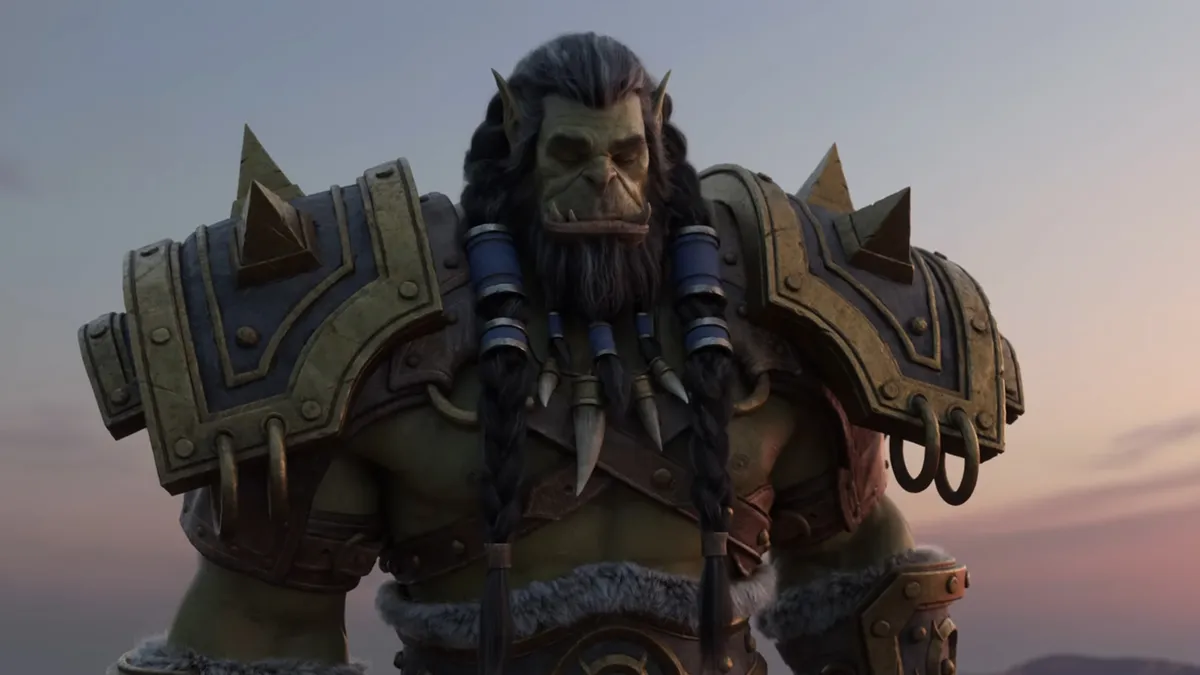Now’s the time in the crazy wedding party in my mind where, after a few frenetic, sweaty rounds of the puff-sleeve Macarena, the DJ gets on the mic and says, “Okay. Let’s bring it down now, let’s slow it down for a bit.” He means the music’s about to get serious, and so am I. So grab your sweetheart, your grandpa, or your sexy underage cousin, and groove to this.
Nobody wants to play 60-hour console RPGs anymore.
So we hear quite often these days, and many of us even say as much ourselves. Yet I don’t think that’s quite correct — the truth is, nobody wants to play the same console RPG anymore. It’s generally recognized that, while most games continue to grow beyond the boundaries of genre, employing (or, just experimenting with) new technology and the maturation of a sophisticated audience, RPGs are still far from a perfect science. It’s a genre that once inspired legions of gamers to near-thoughtless devotion—and now draws ire from its once solidly-ensconced core fanbase for its perpetual stagnation. Because the RPG experience is comprised of so many correlated elements, it can be hard to identify precisely where these games continue to fall short; this series will attempt to pinpoint the weak spots in the structural integrity of role-playing games. Hit the jump to read the first installment!

One of the big draws with an RPG is that you step outside yourself, into a new world — preferably with breathtaking vistas and magical periphery that defies the laws of physics as they stand in our world. Perhaps it’s the fact that RPGs continue to innovate and impress in the environmental department that helps its audience maintain some semblance of loyalty — if nothing else, it’s always a transporting experience, at least until the luster of novelty wears off and the issues set in.
More important than stepping into a new world, though, is viewing it through new eyes. A world is only as rich as its population; any story is only as good as its characters.
In the earlier days of RPGs, it wasn’t generally common to have literary-level characterization; the technology simply didn’t permit fine strokes of expression in sixteen-bit sprites, and the amount of dialogue required to fill in the conceptual spaces would render gameplay to an afterthought. Back then, it was simply enough to see a character, know his name — and know it was “you”, and that your two or three companions were his friends. The villain was simply whomever you were at odds with, and while there was generally some expository interaction or brief exchanges to explicate the conflict, it never got elaborate, relegated mostly to the arena of comfortable archetypes.
Perhaps it’s the rosy lens of retro-nostalgia talking, but it almost seemed better in those days; with few details constraining the player’s imagination, “mage” “fighter” and “bard” became our own personal creations. Their nature, their stories, and often even their names were entirely our jurisdiction. Rough-hewn, unsophisticated dungeons were more like skeletons for self-generated visualizations, and less like the featureless winding caves or endless castle chipset they were originally rendered to be.
The world of the modern RPG is drawn with every detail intact, every speck of dust that sparkles in a sunbeam, every thread of mist wound around graceful arches and spires. The characters have every lash, freckle and stray hair painted in stunning clarity. And similarly, their stories are fully drawn, too. With very little for the player to “do” in terms of filling in their own ideas, the standard ratchets up—and here’s one of the key areas RPGs fall short.
Fantasy archetypes are inescapable in RPGs — the surly one, the nobleman, the lighthearted comic relief, the strong silent type, riddled with angst. But even though technology has fleshed out what was once a basic formula, adding lifelike details and the full cinema experience, it hasn’t advanced the formula in any way. There really is yet to be a modern role-playing game where the character is someone we can empathize with and care for in an enduring way. We’re still being asked to devote hours and hours to people who, despite how intricate they look, are little more than constructs — making it even more ridiculous when they behave in their trademark histrionic, overemotional fashion. The emotional moment — prime
The archetypical job or class system structure of the core RPG battle system necessitates that your hero can’t make it to the end of the story alone. One of the things we expect when we play a game like this is that we will, at some point, if not immediately, acquire a comrade, begin developing a party, adding more skills, spells and strengths to our fighting lineup as we go. And we’ve had some interesting ones; for quite some time, the basic universal specialty list’s been abandoned in favor of fighting and leveling systems unique to each character.
So when the monsters come, everyone has a different job to do—but what about the time in between? The essential character flaw of RPGs extends to the party members, too — how many times, in recent years, have you found yourself asking, “what are all these people doing here?” Without supporting character stories or any kind of plausible bond between them, you’re essentially hauling a ragtag band of muscle-for-hire around the world, ignoring the party members who are useless to your battle style — only to be stunned when, worlds later, they suddenly emerge again, essential to the storyline. And you’re supposed to care?
The characters may be rendered in three dimensions visually, but when they’re 2-D as people, nobody wants to donate massive chunks of time to their well-being, to the resolution of their goals. Perhaps there are other game elements that keep us involved — fans enjoy battles, or treasure hunting — but in those cases, the characters themselves become the object of resentment, an afterthought. The essential connection between the game and the player isn’t made; the experience is lacking.
For more, check out Bennett’s review of FFXII at ActionButton.net. No relation to Colette, unless it’s some secret evil uncle we don’t know about. While there are a few ActionButton reviews I’m not so sure I agree with, I have to credit its review of FFXII for hitting the nail on the head, in its roundabout way. How could a game so “perfect in every way” leave one with such an empty feeling? That connection with the main character was missing.
Gamers don’t want story. It’s the mantra we’ve gotten used to hearing recently. But I’m inclined to think all this anti-story backlash is rooted in the total absence of realistic, believable player characters and companions in RPGs. True, we play for the action, for the events — but if that were all we wanted, we’d just play an action game. The fact is, story becomes nothing but an inconvenience when its characters are meaningless to us—and perhaps we hate it all the more for the disappointment.




